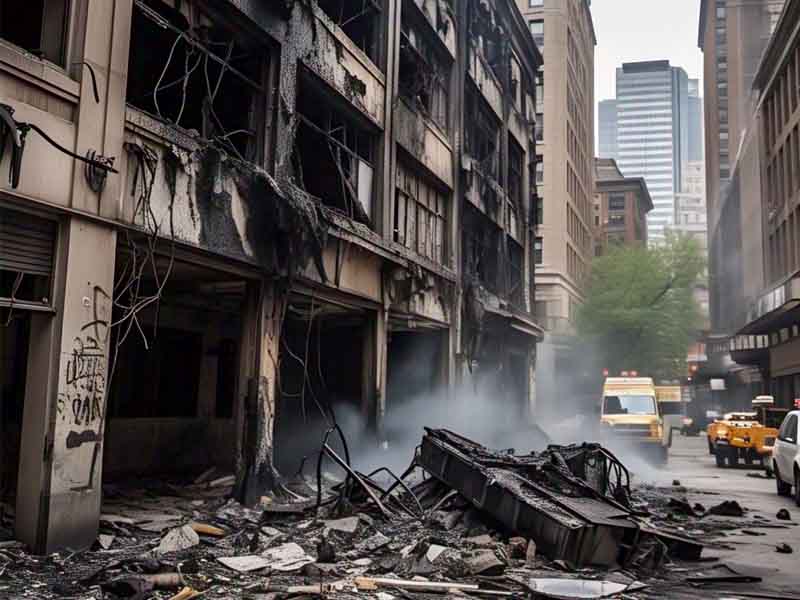
Arcadiadaily – Five years after the deadly riots in Delhi, justice remains elusive for many of those affected. The violence, which erupted in February 2020 over a controversial citizenship law, claimed the lives of more than 50 people, mostly Muslims, and led to the destruction of homes, shops, and livelihoods. While the Delhi Police registered 758 cases and arrested over 2,000 individuals, a Hindi analysis has found that more than 80% of the cases where courts have reached a verdict have resulted in acquittals or discharges. The lack of convictions and the courts’ criticism of investigative lapses raise serious questions about how these cases have been handled over the past five years.
Despite the gravity of the violence, judicial proceedings have made little progress. A detailed study of 126 cases decided by the Karkardooma court in Delhi shows that the majority of cases collapsed due to weak evidence, unreliable witnesses, and inconsistencies in police investigations. Judges have repeatedly highlighted flaws in police testimonies, delays in identifying accused individuals, and even questioned whether police officers were present when the violence occurred.
In several instances, the court accused the police of filing “predetermined chargesheets” that falsely implicated individuals, rather than conducting thorough investigations. Among 62 murder-related cases, there has been only one conviction, with four acquittals. The remaining cases continue to stagnate, leaving victims and accused individuals in legal limbo five years after the riots.
“Glow Plug Malfunction: A Cold Weather Nightmare”
Testimonies from those arrested during the riots reveal further concerns about law enforcement’s approach. Shadab Alam, who spent 80 days in jail, recalls the fear and uncertainty of that time. He and several others had taken shelter in a medicine store when police arrived and ordered them to shut down due to ongoing arson. Hours later, the same officers returned and arrested them without explanation.
“When I asked why I was being taken, they accused me of rioting,” Alam told. “They asked our names and beat us up. Almost all of us arrested were Muslims.”
Despite presenting medical reports confirming his injuries, Alam was charged with arson. However, the court later discharged him and 10 others, ruling that the police’s investigation was deeply flawed. The judge noted that witness statements appeared “artificially prepared” and suggested that the shop in question was likely burned down by a Hindu mob yet police failed to pursue that angle.
The police have maintained that their investigations were “credible, fair, and impartial,” but mounting evidence and court observations indicate otherwise. In multiple rulings, judges have criticized the Delhi Police for their failure to conduct thorough inquiries. Raising concerns about bias and lack of accountability.
As the five-year mark passes, families of victims and those wrongfully accused continue to wait for justice. With most cases either dismissed or still pending trial. The riots remain an open wound in India’s legal and political landscape. Whether the justice system can address these concerns and rebuild trust remains an unanswered question.
“Publishing Industry’s Real-World Insights and Challenges”